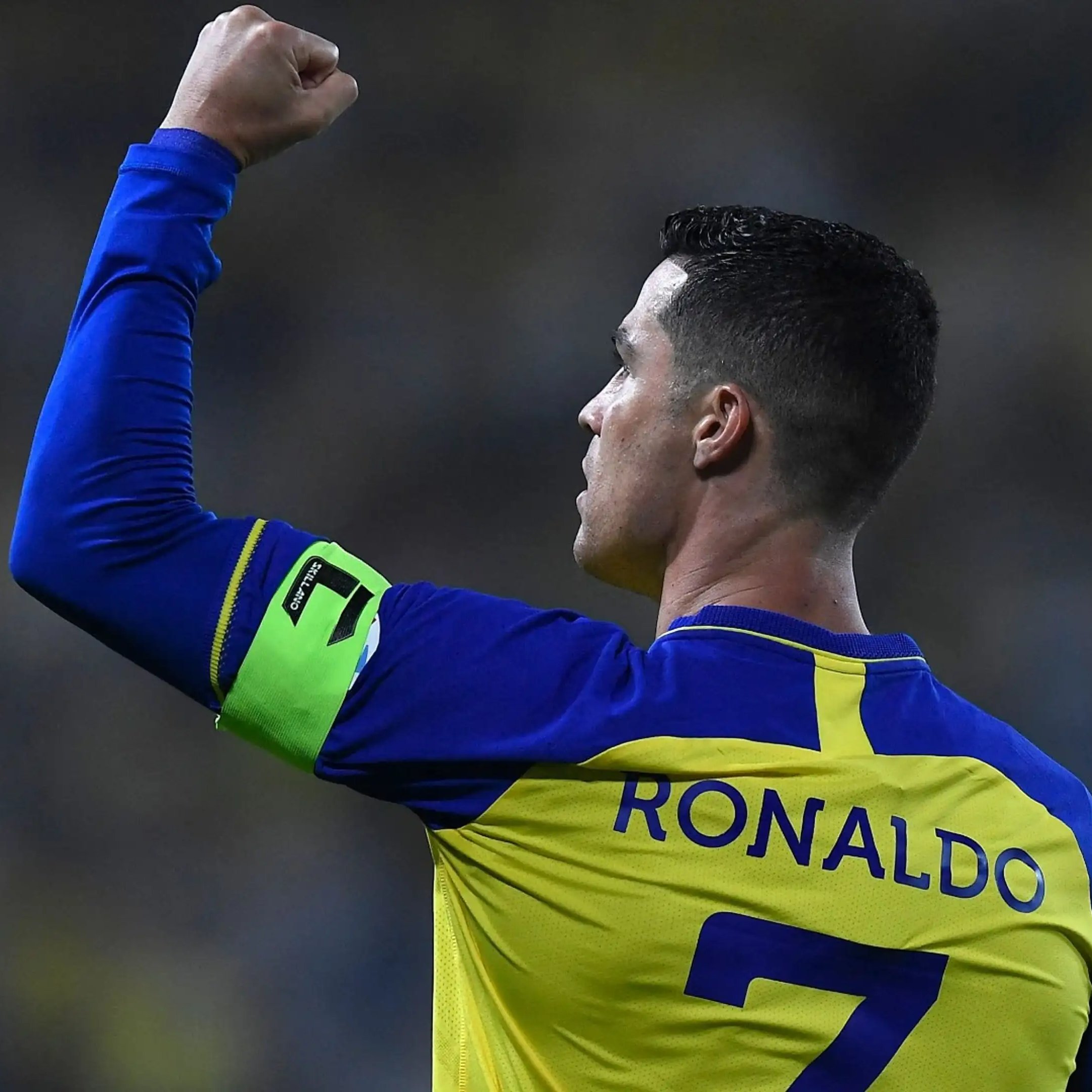

UEFA Considering Inviting Saudi Club Al-Nassr to Champions League football’s governing body, UEFA, is reportedly considering extending an invitation to Saudi Arabian club Al-Nassr to participate in the 2024/2025 edition of the UEFA Champions League. This proposed move has sparked a wave of reactions, with some welcoming the prospect of diversifying the tournament’s representation, while others express concerns about the potential impact on sporting integrity.
The decision to consider Al-Nassr stems from the club’s recent surge in popularity, largely attributed to the acquisition of global football icon Cristiano Ronaldo. Ronaldo’s presence has undoubtedly elevated Al-Nassr’s profile on the international stage, propelling it into the ranks of the “3 most popular clubs” in the world, according to the source.
UEFA’s interest in Al-Nassr’s participation reflects a broader trend of expanding the Champions League’s reach beyond its traditional European boundaries. In recent years, there have been calls to include clubs from emerging football markets, such as Asia and the Middle East, in order to enhance the tournament’s global appeal.
However, the proposal has also drawn criticism from those who argue that it could undermine the sporting integrity of the Champions League. By inviting a club from a non-European league, UEFA risks diluting the quality of competition and potentially diminishing the prestige of the tournament.
Moreover, some critics point to the potential for conflicts of interest, given the close ties between Saudi Arabia’s Public Investment Fund (PIF) and Al-Nassr. PIF, which is the majority shareholder of Al-Nassr, is also a major investor in various European football clubs, including Newcastle United.
Despite these concerns, UEFA appears to be seriously considering Al-Nassr’s inclusion in the Champions League. The organization is reportedly in discussions with the club and Saudi Arabian football authorities to explore the feasibility of this move.
The potential addition of Al-Nassr to the Champions League would undoubtedly shake up the tournament’s landscape and introduce a new dimension to European football. However, it remains to be seen whether this move will ultimately prove beneficial to the sport or undermine its existing structures.





